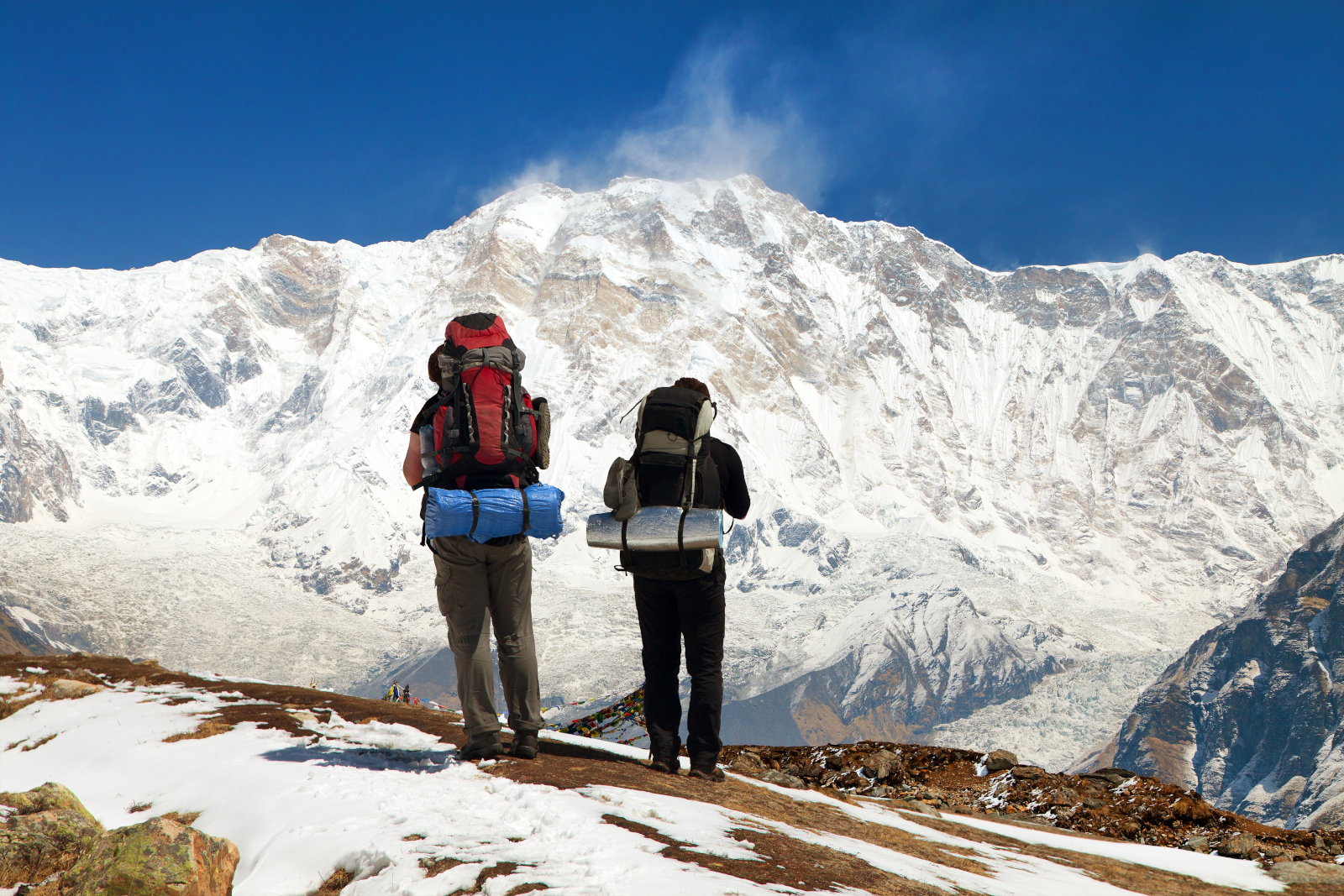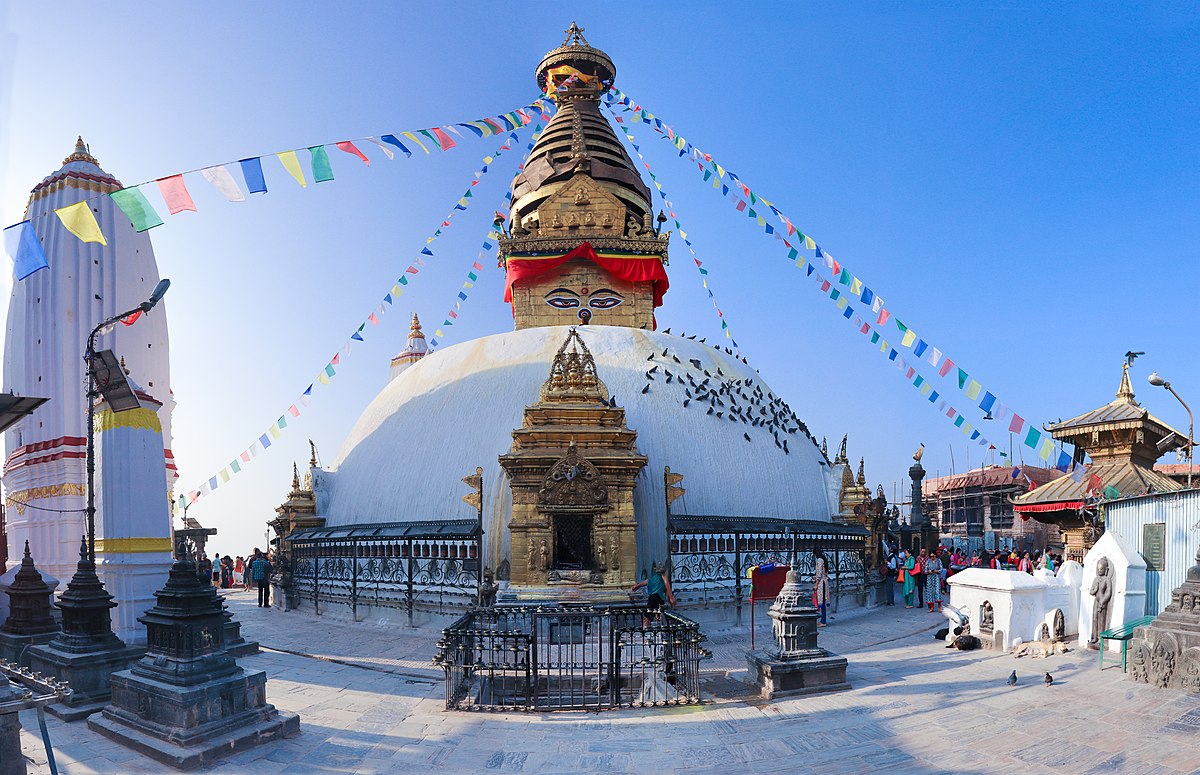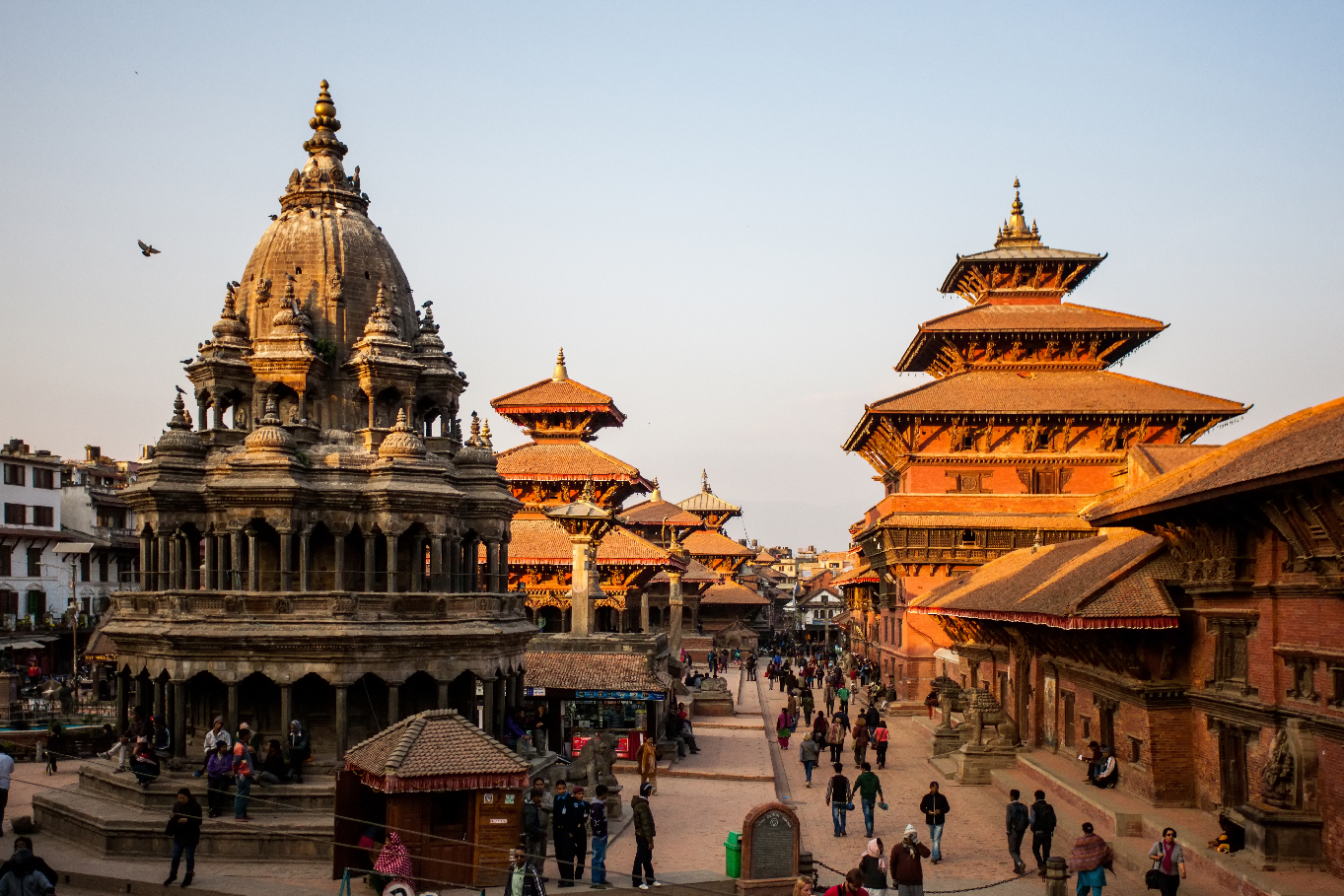Essential health tips while traveling in Nepal
June 26, 2024 admin

Nepal is known for its beautiful landscapes, rich wildlife, amazing trekking trails, and the majestic Himalayas with snowy peaks. It also has a rich cultural heritage, being the birthplace of Buddha and home to the brave Gorkhalis. The temples, monasteries, and Durbar squares are admired for their ancient architecture and religious importance, attracting many tourists.
However, Nepal faces challenges in sanitation and health awareness as a developing country in South Asia. In this article, I’ll share essential health tips while traveling in Nepal, focusing on preventive measures to ensure a safe trip amidst its natural wonders. Remember, “An ounce of prevention is worth a pound of cure.”
Read More: Top 5 best things to do in Nepal
The Beauty of Nepal

1) The Himalayas
Nepal is home to eight of the world’s ten highest mountains, including the famous Mount Everest. These majestic mountains attract climbers and adventurers from all over the world.
2) Beautiful Landscapes
From lush green valleys to serene high-altitude deserts, Nepal’s landscapes are incredibly diverse and breathtaking.
3) Wildlife
Nepal’s national parks and wildlife reserves are home to a variety of animals, including the Bengal tiger, one-horned rhinoceros, and red panda.
4) Trekking Trails
Nepal offers some of the best trekking trails in the world, such as the Annapurna Circuit and the Everest Base Camp trek.
Read More: Manaslu Circuit Trek in Nepal
Cultural Richness of Nepal

1) Land of Buddha
Lumbini, the birthplace of Buddha, is a UNESCO World Heritage Site and an important pilgrimage site for Buddhists.
2) Brave Gorkhalis
The Gorkhalis are known for their bravery and have a rich history and culture that is evident throughout Nepal.
3) Traditions and Heritage
Nepal’s diverse ethnic groups and cultures contribute to its rich heritage and vibrant traditions.
4) Temples and Monasteries
The numerous temples and monasteries in Nepal showcase its spiritual and architectural heritage.
5) Durbar Squares
The Durbar Squares in Kathmandu, Bhaktapur, and Patan are ancient palace complexes that highlight Nepal’s historical and architectural achievements.
Architectural Wonders of Nepal

1) Amazing Architecture
Nepal’s ancient builders and architects achieved amazing feats that are still admired today.
2) Fine Arts
The intricate carvings and detailed artwork in Nepal’s ancient structures reflect its rich artistic heritage.
3) Historical and Religious Importance
Many of Nepal’s ancient structures hold significant historical and religious importance.
Crucial Health Tips while Traveling in Nepal
1) Importance of Health Awareness
While exploring Nepal, it’s crucial to be aware of potential health risks and take preventive measures to ensure a safe journey.
2) Preventive Measures
Simple preventive measures can help you avoid health issues and enjoy your trip to the fullest.
Acute Mountain Sickness (AMS)
What is AMS?
AMS is a common illness for travelers reaching altitudes of 3,000 meters or higher.
Symptoms of AMS
Symptoms include difficulty in breathing, headaches, nausea, and dizziness due to the thin air and lack of oxygen.
How to Prevent AMS
Early diagnosis and adopting simple techniques can prevent AMS.
Importance of Acclimatization
Proper acclimatization is essential to adapt to higher altitudes.
Managing AMS
1) Drink Enough Water
Staying hydrated helps circulate oxygen in the body.
2) Ascend Slowly
Ascend gradually to allow your body to acclimatize properly.
3) Dress Properly
Wear appropriate clothing to protect yourself from the cold.
4) Descend if Symptoms Occur
If symptoms worsen, descend to lower elevations immediately.
5) Seek Medical Help if Needed
Seek medical attention if symptoms persist or worsen.
Food and Water-Borne Diseases
Sanitation in Nepal
Nepal’s sanitation conditions may not meet the standards you’re used to, so it’s essential to be cautious.
Food Hygiene
Be mindful of food hygiene practices to avoid gastrointestinal illnesses.
Nature of Nepalese Foods
Nepalese cuisine is often spicy and oily, which might not suit everyone.
Avoiding Illnesses from Food and Water
Avoid Street Foods and Spices
Street foods and overly spicy foods can cause stomach issues for foreigners.
Risks of Uncooked Food
Uncooked food items may contain harmful bacteria and parasites.
Pesticides in Raw Salads
Raw fruits and vegetables might have high levels of insecticides and pesticides.
Safe Drinking Water Practices
Contaminated Water Issues
Water contamination is a significant issue in Nepal.
Risks of Underground Water
Underground water in Terai regions contains high levels of arsenic and other heavy metals.
Pathogens in Tap and Bottled Water
Laboratory tests have found harmful pathogens in both tap and bottled water.
Purifying Drinking Water
Importance of Water Purification Kits
Always carry a water purification kit to ensure safe drinking water.
How to Purify Water
Use portable water purification methods such as filters or purification tablets.
Protecting Against Air Pollution
Dust and Carbon Particles
Construction projects release a large amount of dust and carbon particles into the air.
Unpaved Roads and Vehicle Emissions
Unpaved roads and vehicle emissions contribute to air pollution.
Using Masks
Wearing appropriate masks can help protect you from harmful particles.
Immunization Recommendations
Importance of Immunization
Immunizations can protect you from various diseases.
Diseases Prevented by Immunization
Consult your doctor to determine which vaccinations are necessary for your trip.
Consulting Doctors
Seek professional medical advice for accurate immunization information.
Trusting Medical Professionals
Importance of Consulting Doctors
Doctors provide reliable and personalized medical advice.
Risks of Internet Information
Be cautious of medical advice found on the internet and trust your doctor.
Conclusion
Nepal is a land of enchanting beauty and rich culture, but it’s essential to prioritize your health while exploring this majestic country. By taking preventive measures, staying informed, and consulting medical professionals, you can ensure a safe and enjoyable trip. Remember, an ounce of prevention is worth a pound of cure, so take the necessary steps to protect your well-being while experiencing the wonders of Nepal. If you are planning to visit Nepal, then contact Luxury Holiday Treks for a safe and memorable adventure.
FAQs
What is the best time to visit Nepal?
The best time to visit Nepal is during the spring (March to May) and autumn (September to November) seasons when the weather is pleasant and stable.
How can I prepare for high-altitude trekking in Nepal?
To prepare for high-altitude trekking, engage in regular physical exercise, gradually acclimatize to higher altitudes, and stay hydrated.
Are there specific vaccinations required for Nepal?
Consult your doctor for recommended vaccinations, such as hepatitis A, typhoid, and tetanus.
What should I do if I get sick while in Nepal?
Seek medical attention promptly if you experience severe symptoms. Carry a basic first aid kit and any necessary medications.
Can I drink tap water in Nepal?
It is not advisable to drink tap water in Nepal. Use purified or bottled water, and consider carrying a portable water purification kit.










